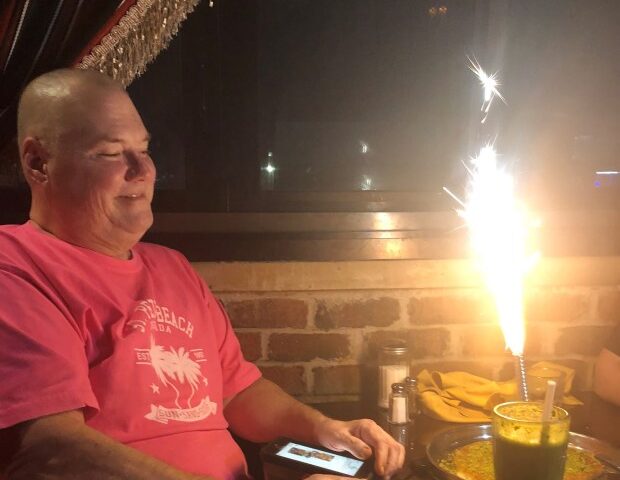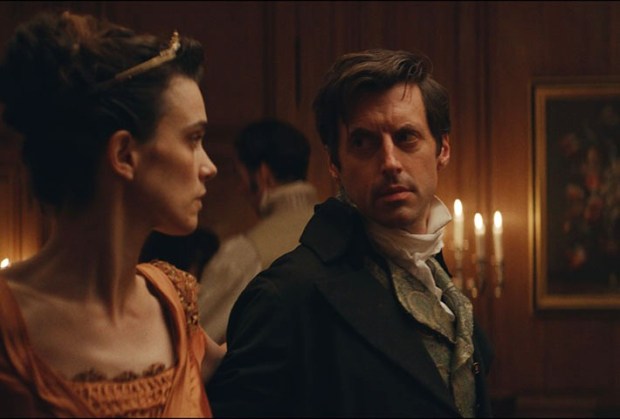Polls closed Tuesday evening in Chicago’s first school board elections, where 10 local races have high stakes for Mayor Brandon Johnson and the powerful Chicago Teachers Union.
Though they began as sleepy provincial contests, the races quickly became a referendum on Johnson and his closely allied Chicago Teachers Union. The new mayor, whose 2023 campaign was bankrolled by the CTU, has struggled to retain control of the fourth-largest public school district and drawn criticism for plans to take out a high-interest $300 million loan.
The vote follows an embarrassing stretch for Johnson in which he unsuccessfully attempted to oust Chicago Public Schools CEO Pedro Martinez and cycled through two board presidents. As a result of the chaos, a significant number of progressive members of the City Council broke ranks with the mayor and the Chicago Teachers Union, including via a letter rebuffing the mayor that netted 41 aldermanic signatures.
The tensions sparked a campaign spending spree by the CTU and opposite-minded political action committees, with more $8 million spent across the 10 races. The CTU spent at least $1.7 million in direct contributions to candidates as of Monday, including at least $30,000 in legal fees paid to four attorneys who knocked a dozen candidates who weren’t backed by the union off the ballot.
The Illinois Network of Charter Schools Political Action Committee had devoted nearly $2.3 million to either supporting or opposing school board candidates during that same time period. A second pro-school-choice PAC, the Urban Center, had devoted another $770,000.
But even in a local school board race, a grassroots movement emerged. In some districts, some candidates touted themselves as independents who the deep-pocketed interest groups can’t buy — both CTU and charter-aligned — funneling money into the race.
Regardless of the final outcome in the school board race, Johnson still will remain in control of the board after the election, with the power to appoint 11 of its 21 unpaid seats. The historic hybrid board will be seated in January.
For supporters of an elected Chicago school board, this November was decades in the making. Though Johnson retains control by one seat, these 10 races represent an important first step for advocates who argue giving voters a direct say in CPS leadership is better for democracy.
Mayor Richard M. Daley got the state to give him control of the Chicago school board in 1995, and Chicago’s mayors have kept it since, much to the CTU’s chagrin as it butted heads with mayor after mayor. However, Springfield lawmakers and Gov. JB Pritzker dealt Johnson’s predecessor, Lori Lightfoot, a stunning defeat in 2021 by backing a bill that gradually takes power away from City Hall.
The process began Tuesday with the election of 10 new members to join the 11 mayoral appointees. By 2027, the entire 21-member board will be picked by voters.
However, few expected that hard-fought victory for the teachers union would be followed by some of the most tumultuous months in recent CPS memory. The unusual turn of events has left the pro-CTU Johnson fighting to flex his waning executive authority over the school board, blowing up several local school board races into larger referendums on him and the teachers union.
Johnson faced frequent criticism on the campaign trail for being too beholden to the powerful labor organization, despite his vows to be an independent leader. His union ties — he was a paid organizer for the CTU — prompted several pro-charter and independent candidates to join the race, offering themselves as the anti-Johnson voices on the ballot. The CTU, meanwhile, hit back at opponents with, in some cases, misleading literature attempting to link them to Donald Trump.
The tension boiled over this summer when Johnson butted heads with Martinez, a Lightfoot holdover, over the issue of a disputed $175 million pension payment for non-teacher staffers at CPS and a $300 million high-interest loan. The pension payment historically had been paid by the city until Lightfoot shifted the burden to the school district. The loan was pitched by Johnson’s team as a means to pay for the $175 million obligation plus the start of the next CTU contract.
Martinez refused, and Johnson’s handpicked school board sided with him in its July budget vote. That spending plan left open-ended the fate of the pension payment as well as how to afford the upcoming teachers’ and principals’ raises. Johnson then asked for Martinez’s resignation, according to the CEO, and was rebuffed. After that, the school board resigned en masse, signaling further reluctance to the mayor’s agenda but also clearing the way for him to replace them with new allies.
Only the Chicago Board of Education has the power to fire a CEO. Last week, Johnson’s second school board president, the Rev. Mitchell L. Johnson, resigned after coming under fire for a string of antisemitic, sexist and conspiratorial social media posts. Martinez remains the CEO, for now.
Still, the latest political headwinds surrounding the CTU and larger progressive movement come after an impressive decade of organizing to move Chicago government to the left and, for the first time in four decades, take control of the 5th floor of City Hall.
The teachers union underwent a radical transformation a decade ago when it organized against former Mayor Rahm Emanuel’s 2013 mass school closures that disproportionately hit Black neighborhoods. Under then-CTU President Karen Lewis, a bold message of racial equity caught fire and solidified the labor organization’s reputation as the vanguard of Chicago’s political left.
The union and the rest of the progressive labor movement have since successfully pushed a broad slate of candidates in 2019 and 2023 that helped create a more independent City Council, frustrating traditional Democrats who are often criticized by CTU allies for going to get along. That culminated in 2023’s highly polarized mayoral runoff between two starkly divergent visions on education — Johnson, who cut his teeth in politics as a CTU organizer, and Paul Vallas, the moderate pro-school-choice candidate and former CPS CEO — with the union coming out on top.
One and a half years later, it remains to be seen where the powerful labor group’s political might lands with voters now.





